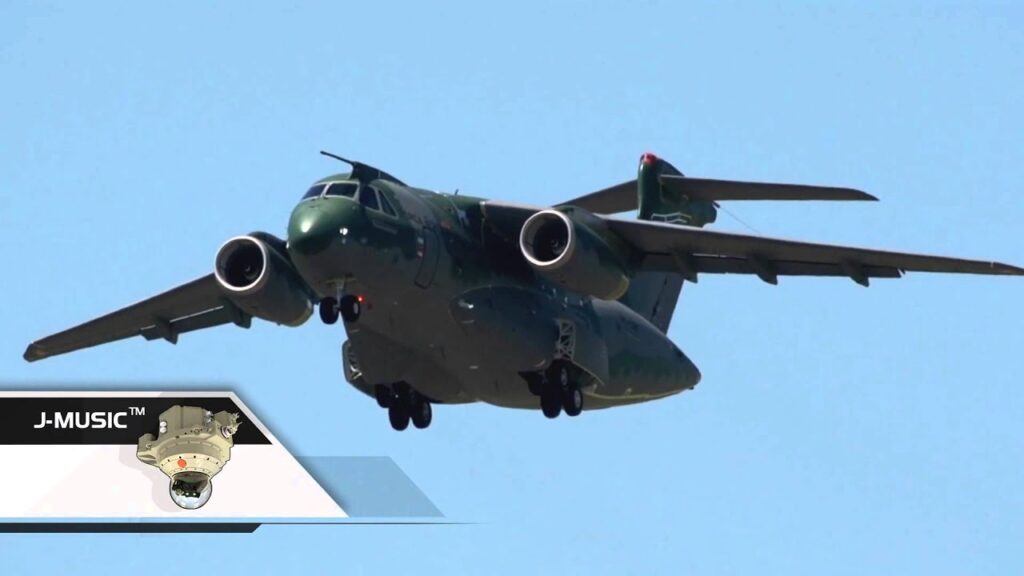Israeli firm Elbit’s J-MUSIC self-protection suite equipping the NATO/European five-nation Multilateral Multi-National Tanker Transport Fleet
PARIS AIR SHOW: Having successfully completed a major milestone test at the end of May, the five-nation Tanker fleet (MMF) is actively seeking new partners to expand its current fleet of eight Airbus A330 MMRT aircraft to 11.
“We are in discussions with some potential customers,” Didier Plantecoste, head of MRTT & derivatives programs at Airbus, told reporters here yesterday. While he refused to say which countries might be interested, he did note that “there is, shall we say, interest coming from the South.”
The MMF program is a unique cooperative program that indirectly links NATO and the European Union. It was started in 2011 by the European Defense Agency, stemming from the realization that Europe desperately needed tanker/transport capability (this has been a chronic shortfall for NATO’s European members.) In 2016, it became a joint project of the six-nation Organisation Conjointe de Coopération en matière d’Armement (OCCAR) and the NATO Support and Procurement Agency (NSPA). Under the current program, OCCAR serves as the contract management agency for NSPA, which is going to provide life-time support for the fleet. The five nations currently providing funding for the MMRT fleet are Belgium, Germany, Luxembourg, the Netherlands and Norway, all of which are NATO members.
OCCAR was formed to spur inter-European defense cooperation and avoid the problems of ‘juste retour’ — a principle whereby one country is guaranteed a work-share in a joint defense development program equal to the amount of its investment (sort of an inter-European version of offsets.) It serves as a joint contracting agent for Belgium, France, Germany, Italy, Spain and the United Kingdom.
NSPA is the executive body of the NATO Support and Procurement Organisation, which includes all 29 NATO members. Headquartered in Luxembourg, with operational centers in France, Hungary and Italy, NSPA provides logistics and procurement support services to NATO members.
“The MMF program is a clear example of nations recognizing the need to generate modern defense capabilities in a cooperative, cost-efficient and effective way,” Peter Dohmen, NSPA general manager, told yesterday’s press conference. “It is an interesting link between NATO and the EU, and a model for the future.”
The program is moving ahead as the Trump Administration, ironically, has been protesting renewed European efforts to promote joint defense cooperation including weapons research, development and procurement. While Trump has been chivvying the EU countries to step up defense spending, it also wants Europe to buy more US weapon systems rather than to concentrate on building its own industrial base — a position that, not surprisingly, has annoyed European leaders.
Just as interesting is the fact that the MMRT’s on-board self-defense system is the J-MUSIC DIRCM (Direct Infra-Red Countermeasures) system developed and produced by Israel’s Elbit Systems for large military and civilian aircraft. Proving integration of the self-protection system was the purpose of the May 27-30 flight test in Spain. The test demonstrated that the J-MUSIC DIRCM “could handle simultaneous threat scenarios and overcome head-on, tail-on and side-on threats, from several ranges and different altitudes,” according to a MMF program press release issued yesterday. The J-MUSIC DIRCM also is used by Germany’s fleet of A400 tactical transport aircraft.
“[T]he successful integration of the Elbit J-Music self-protection system adds security and operational flexibility to the fleet, making it even more interesting for other nations to join this program,” Dohmen said.

















